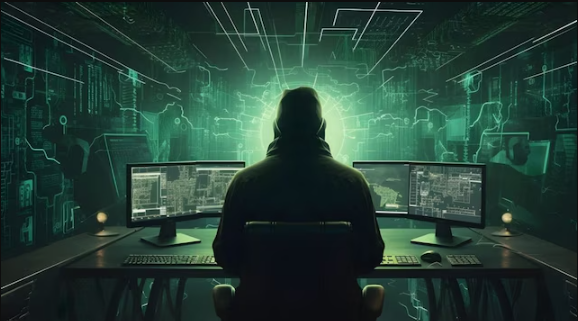
In an age of rising cyber threats, cyberterrorism and online crime, Karnataka has taken the lead in setting up India’s first full-fledged Cyber Command Centre. It aims to be a streamlined, centralised investigating arm—bringing cybersecurity, cybercrime, and digital threat response under one roof.
“This is a significant step in Karnataka’s attempt to build a single, coordinated mechanism to respond to the growing and complex world of cyber threats,” a senior government official told News18.
“Cybercrime is the most neglected piece of architecture—or furniture—in the police house. Only 2 per cent of cases are getting charge-sheeted, no convictions so far, and plenty of allegations of corruption, all of which need to be tackled with a firm hand and sharp investigative skills,” said the source.
From ransomware and hacking to cyberstalking, sextortion, identity theft and digital arrest scams—the new Cyber Command will tackle it all. It will also address online crimes against women and children, financial fraud, deepfakes, disinformation, and threats to the state’s digital infrastructure.
A senior retired police officer who has been advising the government in putting the command centre together told this reporter that while reporting and detection of cybercrime is one aspect, another key concern that needs to be highlighted is cybersecurity—and that requires an entirely different set of specialised skills.
“The officer in charge of this command centre is also the CISO—Chief Information Security Officer—of the state. So that post looks after the security of the IT infrastructure, ICT infrastructure, and information and communications technology,” the retired official explained.
Critics say Karnataka’s digital infrastructure has also been seeing a surge in cyberattacks. They have been targeting the state’s critical infrastructure as well. A recent example is the DDoS attack on the Kaveri 2.0 portal, which brought property transactions to a standstill for days—causing major disruptions and losses to the state’s exchequer.
It is learnt that senior IPS officer Pronab Mohanty, a 1994-batch officer, will head this new unit. He has been re-designated as DGP, Cyber Command. Mohanty already holds charge of the Internal Security Division, Police Computer Wing, and Cyber Crime & Narcotics. Now, with the Cyber Command, all these functions are brought together in a centralised command structure for the first time.
By setting up a new command structure to tackle online threats—bringing cybercrimes and cybersecurity under one roof for the first time—all 45 cybercrime police stations in the state will now report to the newly appointed DGP (Cyber Command).
It was also pointed out that disinformation and misinformation require specialised handling in today’s digital landscape. There is a need for specialised training to be imparted to personnel investigating cybercrime cases. General investigation officers—IOs—without technical backgrounds cannot effectively handle such investigations.
Apart from training, prosecution also needs special attention. Prosecutors must be trained in handling cybercrime cases, and this will also be taken up by the Cyber Command Centre. There is a growing need for efficiency, quick response, and better coordination between enforcement agencies and other stakeholders—across state departments, the central government, corporate entities, NGOs, and activists—for improved detection and conviction rates.
According to data shared by state officials, 20 per cent of cybercrime cases in India originate from Karnataka. Of all crimes registered in the state, 20 per cent are cybercrimes.









